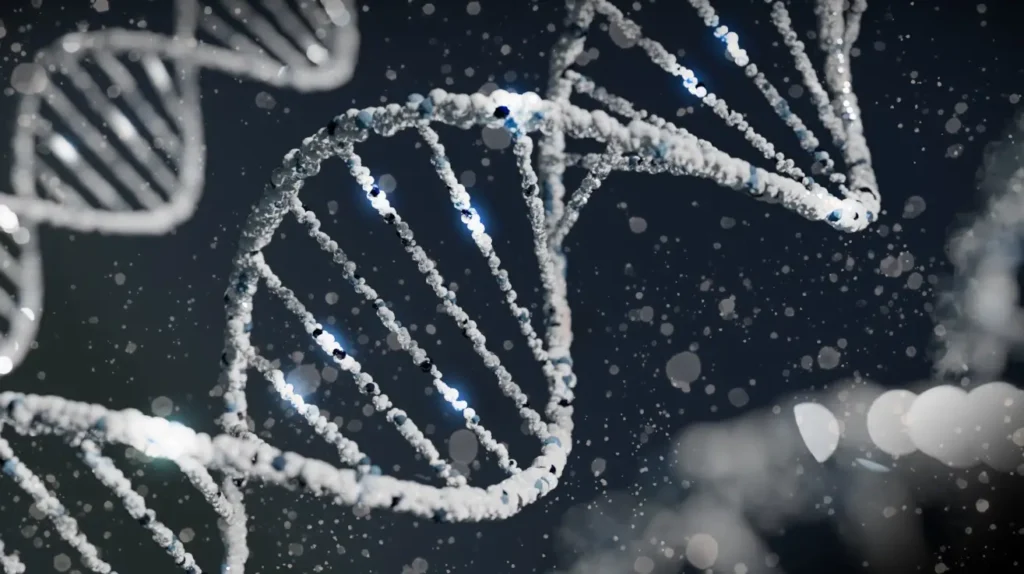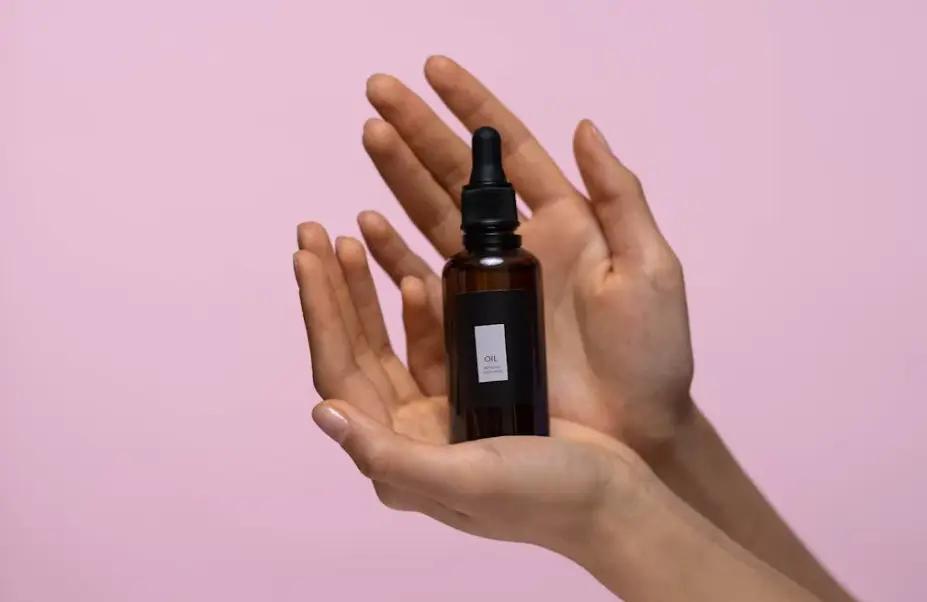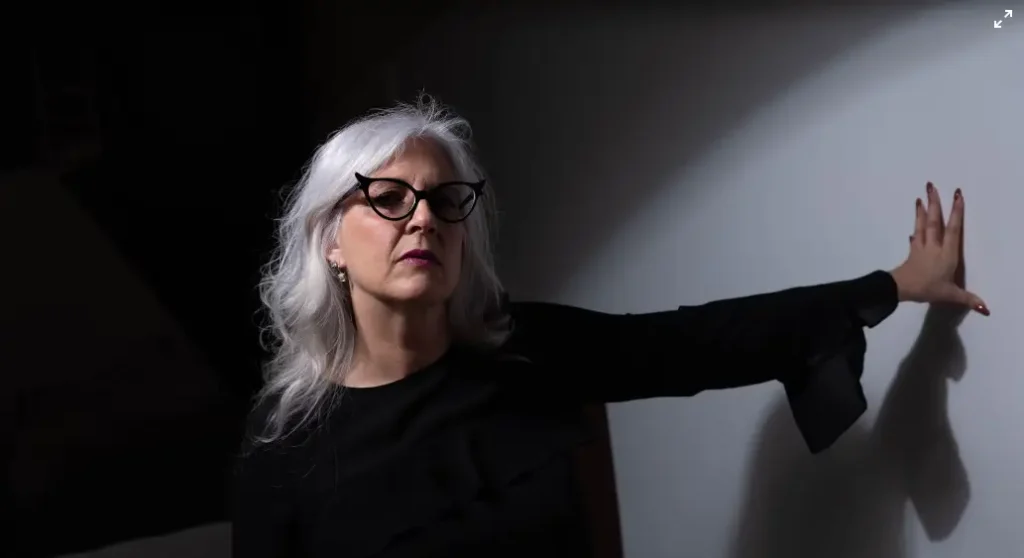The growth of white hair is a common feature that people normally experience when they are getting older. However, this can also be caused by some other factors. Knowing the causes of loss of pigmentation in hair will demystify this natural occurrence and may slow it down.
This article tackles multiple reasons for having white hair from genetic issues to lifestyles and gives suggestions on how you can deal with or avoid premature graying.
Genetic Causes
Genetics plays a big part in determining the time and intensity of your grey hair. You will most likely have similar hair-growing patterns if your parents or grandparents had premature graying. Your family genes are responsible for when your melanocytes, which produce pigment for the hair, begin slowing down or stop working altogether.

Some genetic conditions can accelerate whitening though. For example, vitiligo and alopecia areata may change the color of the hair due to loss of melanocytes. Knowing whether anyone in your family has had such an experience will give a clue as to what should be expected about your hair.
The Aging Process
White hair usually results from the natural aging process as well as other related aspects. As you grow older, your hair follicles make less melanin which gives color to your hair. This decrease in melanin results in a gradual appearance of gray and then white hairs.
Normally, white hairs start appearing around thirty-five years but this varies greatly among different individuals. It is progressive and irreversible, leading to an entire change in hair color over time. It is usual for people at old ages because it takes different forms based on individuals’ choices thus widely affecting everybody’s life situations differently.
Lack Of Nutrients
Vitamin deficiencies plus mineral imbalances could result in early grayness among young adults. Healthy pigmentation of one’s nails requires essential vitamins like B12, B3, D3, and minerals such as copper and iron. Inadequacy of these substances can disrupt melanin synthesis leading to white hair.
Postponing the commencement of white hair might be achieved by observing a balanced diet that has enough vitamins and minerals. Additionally, supplements can serve as an appropriate way to get essential nutritive components needed for supporting hair health and color.

Stress And Lifestyle
Excessive levels of stress have been associated with premature graying in humans. Various body functions including those that influence the appearance and quality of your hair are affected by stress. Chemicals produced in your body when you are stressed may inhibit melanin production leading to gray hair.
Cigarette smoking is another thing that accelerates the graying of hairs while being exposed to environmental toxins also does. Therefore, coping mechanisms with life stressors, among other factors, will help you maintain the original look on your head for a long time before any change could ever occur therein.
Medical Conditions
Certain medical conditions cause people to have white hair at a young age. For example, diseases like alopecia areata and vitiligo which are autoimmune diseases affect directly melanin production in hair follicles hence causing complete loss or patches of white hair. On the other hand thyroid disorders as well as anemia come along with changes in the natural pigmentation of one’s hair.
Sometimes treatment for underlying medical conditions may restore natural coloration into one’s hair not all times though. It is important to see a doctor once you notice an abrupt change in your scalp color because it may indicate a problem with your general well-being.
Among Other Causes Of Early White Hair
Hair can be damaged and hair greying is accelerated by environmental pollution exposure and UV radiation. That is why, pollutants lead to the production of free radicals which in turn harm the hair follicles causing loss of pigment.

Preserving your hair’s color requires protecting it from harsh environmental conditions. Putting on hats, utilizing hair products with UV defense capability, and staying away from places with high levels of pollution can help avert some of such results.
Hair Care Practices
Certain things done to the hair might affect its health as well as its color. Excessive use of chemical treatments such as dyes, bleach, or perms may impair the shaft as well as follicles leading to potential white hair formation.
To maintain your hair’s natural color try using mild natural shampoos and cut down on harsh chemicals. Also, frequent conditioning and avoiding too much heat will keep your hair healthy.
Preventive Measures and Treatments
It is not possible to completely stop white hairs but some preventive measures can be taken to delay its onset. These include eating a balanced diet, managing stress, and using products that protect your scalp.

There are also available treatments for premature graying. Topical applications may be used together with supplements while there are instances where medical treatment for underlying conditions is necessary. A dermatologist or trichologist can give you personalized advice on maintaining your hair color.
Why Did My Hair Turn White Instead of Gray?
The difference between gray and white hairs lies principally in their melanin content which is responsible for pigmentation within the shaft; grey hairs contain pigments only while white ones have none at all formed in them.
If this happens instead of grey then melanocytes that produce pigment cells hence making our strands appear black become non-functional at one point in life completely resulting in a change into plain white strands instead of darkening gradually.
There are several reasons for this complete absence of pigmentation that causes total whitening. In case your family members possess white hair instead of grey, this could be hereditary.

There are sudden stops from melanin production due to severe stressors, some diseases, and a lack of certain nutrients that may turn hair white instead of gray.
Can White Hair Turn Black Again?
A common question in many minds is whether the process of whitening can be reversed back to its natural black color. Normally, when our hair turns white because melanocytes that produce pigments are no longer functioning it becomes impossible to restore it to its earlier state forever.
As a rule, melanocytes responsible for the creation of melanin don’t reappear once they have ceased thereby making black hair return spontaneously quite rare.
Some interventions may exist as well as exceptions. If the cause of graying was temporary factors like stress or malnutrition then addressing them might help restore pigmentation.
There are also new medical treatments and home solutions claiming to restore hair color with varying effectiveness and research implications For most people, however; allowing nature to take its course and exploring dyeing options remain the safer ways towards turning such hairs dark again.
RELATED: Everything You Need to Know About Hair Vitamins
RELATED: Does Black Tea Promote Healthy Hair?

